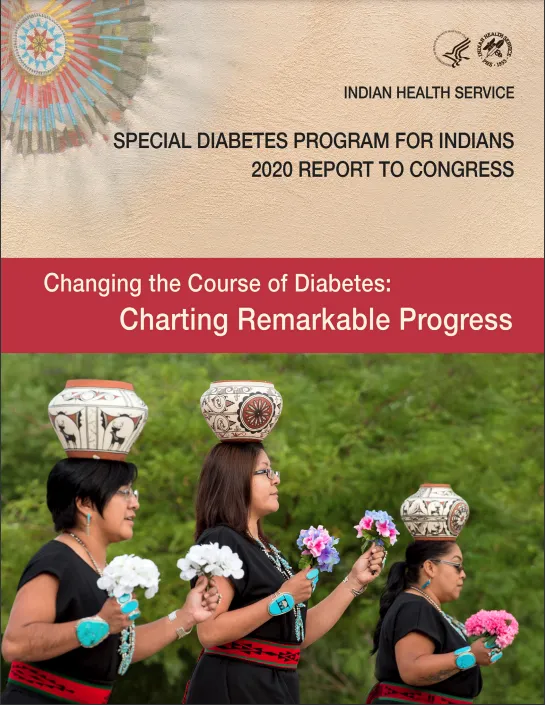Set out below are Frequently Asked Questions (FAQs) regarding implementation of the Families First Coronavirus Response Act (FFCRA), the Coronavirus Aid, Relief, and Economic Security
Act (CARES Act), and the Health Insurance Portability and Accountability Act (HIPAA). These FAQs have been prepared jointly by the Departments of Labor (DOL), Health and Human Services (HHS), and the Treasury (collectively, the Departments). These FAQs answer questions from stakeholders to help people understand the law and benefit from it, as intended. Previously issued FAQs are available at https://www.dol.gov/agencies/ebsa/laws-andregulations/laws/affordable-care-act/for-employers-and-advisers/aca-implementation-faqs and https://www.cms.gov/CCIIO/Resources/Fact-Sheets-and-FAQs#Affordable_Care_Act.
On January 31, 2020, HHS Secretary Alex M. Azar II declared that a nationwide public health emergency has existed since January 27, 2020, as a result of the 2019 novel coronavirus, the virus that causes coronavirus disease-2019 (COVID-19) (referred to in this document as the PHE). This declaration was continually renewed, most recently by HHS Secretary Xavier Becerra, effective February 11, 2023. On January 30 and February 9, 2023, respectively, the Biden-Harris Administration and Secretary Becerra announced that they intend to end the National Emergency Concerning the Novel Coronavirus Disease 2019 (COVID-19) Pandemic (COVID-19 National Emergency) and the PHE, at the end of the day on May 11, 2023.




